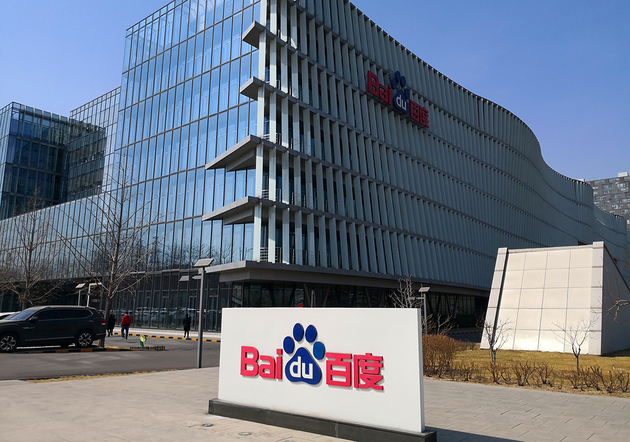
Photo/Liu Chunshan
Jan. 23 (NBD) – An online article titled "the death of Baidu as a search engine" went viral on social media since its release on Tuesday, with many readers commenting they had similarly frustrating experiences using China's largest search engine.
The author, Fang Kecheng, demonstrated with several entries that more than half of the search results on the first page come from Baidu's products, especially its self-media platform Baijiahao.
For example, when searching Brexit on Baidu, according to the author, four of the seven results on the first page (not including pictures, videos and news sections) come from Baijiahao, one from Baidu Baike (Baidu's version of Wikipedia), and only two are from sites outside of Baidu's ecosystem.
The author searched important figures like Donald Trump and found on the first page two Baidu Baike links, one link directed to Baidu's discussion group of Trump, five Baijiahao articles, and only one link from an outside site.
Baidu responded Wednesday that contents from Baijiahao take less than 10 percent of all search results. The company also claimed that Baijiahao can give Baidu mobile app users quicker and tidier browsing experiences.
In response, Fang said the explaination does not make sense since most users read only the first two pages. It would be more convincing if Baidu reveals the percentage on the first page.
Fang further questioned the quality of the articles on Baijiahao. He researched on a Baijiahao article with more than 400,000 views, only to find that it originated from satirical news site The Onion. The article in question stated Osama Bin Ladin had no involvement in 9/11 attacks and CIA apologized to his family and offered 18 million U.S. dollars as compensation.
Fang also searched China's GPD prediction in 2019, which was released on January 21, and found among the first five results only the third from China Economic Net provided the latest figure, while the other four from Baijiahao did not.
Fang, previously a Southern Weekly reporter and now a PhD candidate in communication studies in University of Pennsylvania, therefore concluded that Baidu has failed as a search engine, becoming more like a commercial platform for marketing and promotion accounts.
Baidu insisted the 1.9 million content creators on Baijiahao cover almost all authoritative news outlets and information institutions, as well as many quality self-media accounts, and pledged to encourage original and quality contents and suppress plagiarism, vulgarity and law breaches on Baijiahao.
Wang Guanxiong, observer of Internet new economy, told NBD that super platforms like Baidu are twofold: the commercial side and the semi-public service side, which had caused many conflicts. He viewed directing search results to Baijiahao as a normal business practice.
Fang admitted that China's Internet is becoming increasingly segmented, as important platforms like WeChat public accounts, Weibo and Taobao cannot be searched on Baidu, and therefore the incomplete results. But he insisted the search engine's business strategy is unsustainable.
Baidu closed down 6.4 percent to 160.39 U.S. dollars in Tuesday trading, with a market cap of about 55.9 billion U.S. dollars.
Citi analyst Alicia Yap reiterated a Buy rating on Baidu but lowered her price target from 262 U.S. dollars to 205 U.S. dollars, arguing that Baidu faces higher marketing fees to promote its mobile app and Haokan short-video app, while the macro economy might lead advertisers to cut budget.
Email: limenglin@nbd.com.cn


 川公网安备 51019002001991号
川公网安备 51019002001991号





